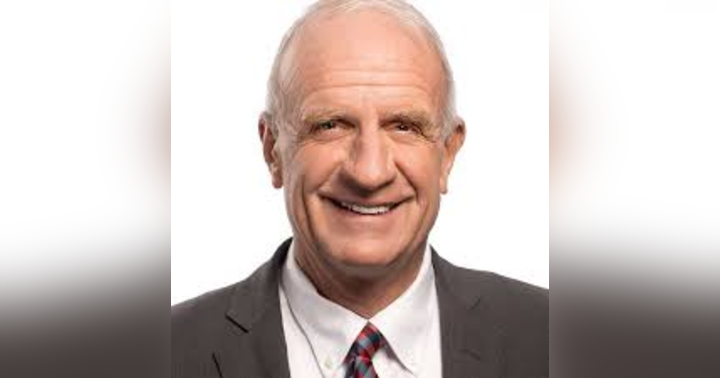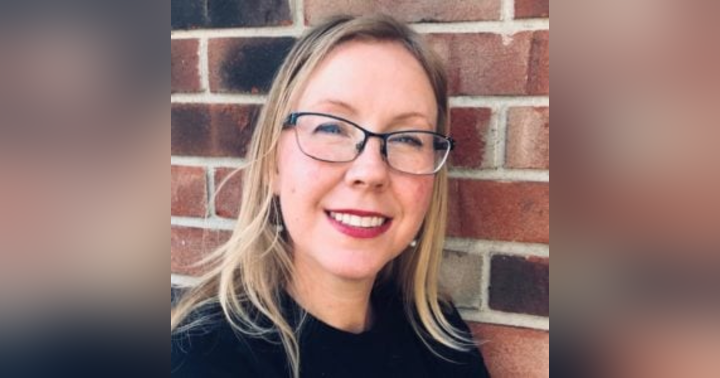Celebrating Legacy, Leadership, and Community with Dr. Gloria Howell

Celebrating Legacy, Leadership, and Community: Dr. Gloria Howell on "To Be and Do"
In the latest episode of "To Be and Do," we were treated to an inspiring and insightful conversation with Dr. Gloria Howell, the director of the Neal-Marshall Black Culture Center at Indiana University. Hosted by Phil Amerson, this episode dives deep into Dr. Howell’s experience nurturing student leaders, honoring Black IU history, and building bridges within Bloomington’s vibrant community. Whether you’re a student, a campus leader, or simply passionate about community engagement and the arts, Dr. Howell’s story offers wisdom, warmth, and concrete takeaways for us all.
Key Takeaway #1: Honoring Ancestral Legacy Fuels Community Progress
One of the most moving themes discussed was the importance of “acknowledging our ancestors.” Dr. Howell sported a shirt emblazoned with this phrase, underscoring how legacies are kept alive through conscious remembrance. She highlights influential figures like Charlie Nelms, Herman Hudson (the "godfather of Black IU"), James Mumford, and the first Black IU graduates, Marcellus Neal and Frances Marshall. Howell believes that understanding the contributions and struggles of these trailblazers is essential for current students striving to find their identities and leave their own mark at IU. She regularly exposes students to these stories, arguing, “You can't really know the Black IU experience until you acknowledge that from whence we've come.” This mindset helps today’s leaders stay rooted, intentional, and grateful—while also inspiring them to forge a future shaped by reflection and respect.
Key Takeaway #2: Supporting Students Amid Complex Times
Dr. Howell openly addresses the challenges students face in today’s "mean-spirited times," noting the emotional toll and the danger of activism turning into unsustainable labor. She is candid about finding herself questioning effectiveness and managing student burnout. Her approach is holistic: prioritizing mental health, encouraging rest, and facilitating supportive spaces like embedded counseling at the Culture Center. She urges students not to overextend themselves in leadership roles, instead emphasizing the importance of balance, self-care, and focusing on academic achievement. By fostering honest conversations about fatigue and boundaries, Howell models a leadership that is empathetic, sustainable, and profoundly human.
Key Takeaway #3: Community Engagement as Both Ministry and Art
Raised to view community service as “heart work” and “soul work,” Dr. Howell exemplifies servant leadership far beyond campus limits. She participates in Bloomington’s civic life, from the MLK Commission to boards like Middle Way House and Constellation Stage and Screen. Howell conducts ongoing "needs assessments" as a community resident, seeking areas where her impact will be maximized and most effective. The arts, she insists, have the power to save the world—provided they are truly inclusive, reflecting and amplifying marginalized voices. Her work ensures that the city’s thriving arts scene remains accessible and representative of all its members.
Final Thoughts
Dr. Gloria Howell’s story is a beautiful tapestry of personal history, advocacy, and love for her community. She challenges us to remember those who paved the way, care for ourselves and others deeply, and invest our talents where they can make the greatest difference. Whether through honoring ancestors, supporting student well-being, or amplifying the arts, Dr. Howell continues to embody the spirit of “To Be and Do.” If you need a reminder of the power of legacy and purpose, don’t miss this episode.








